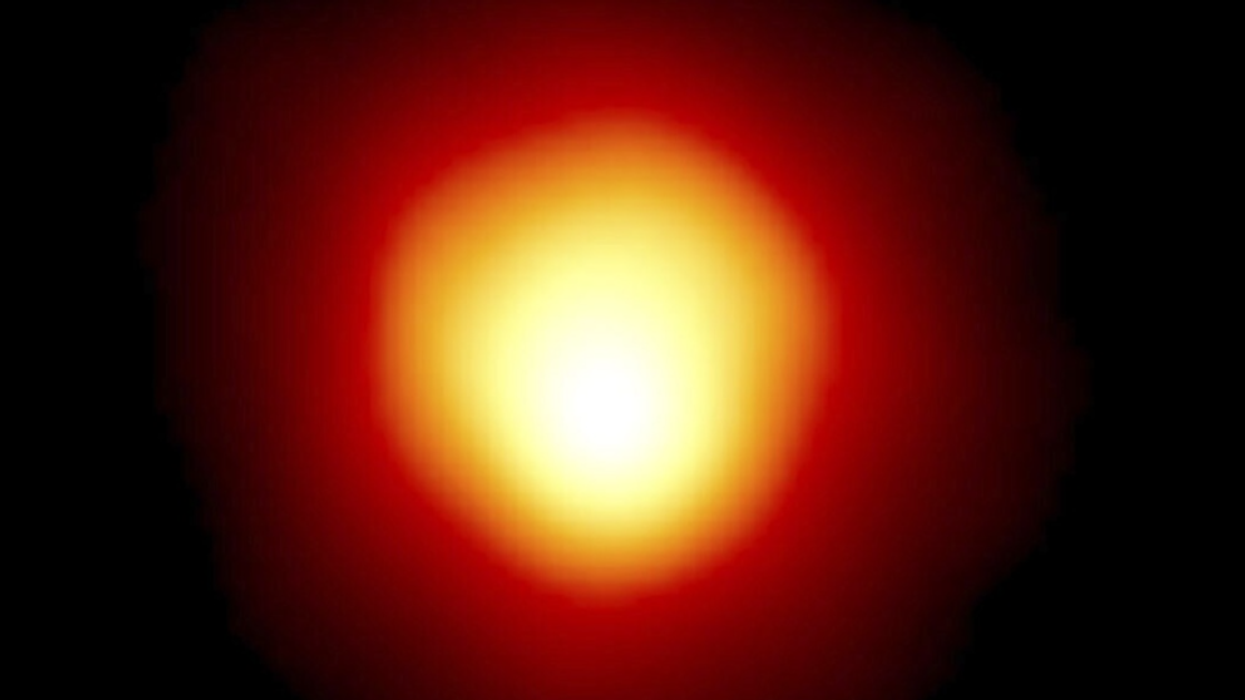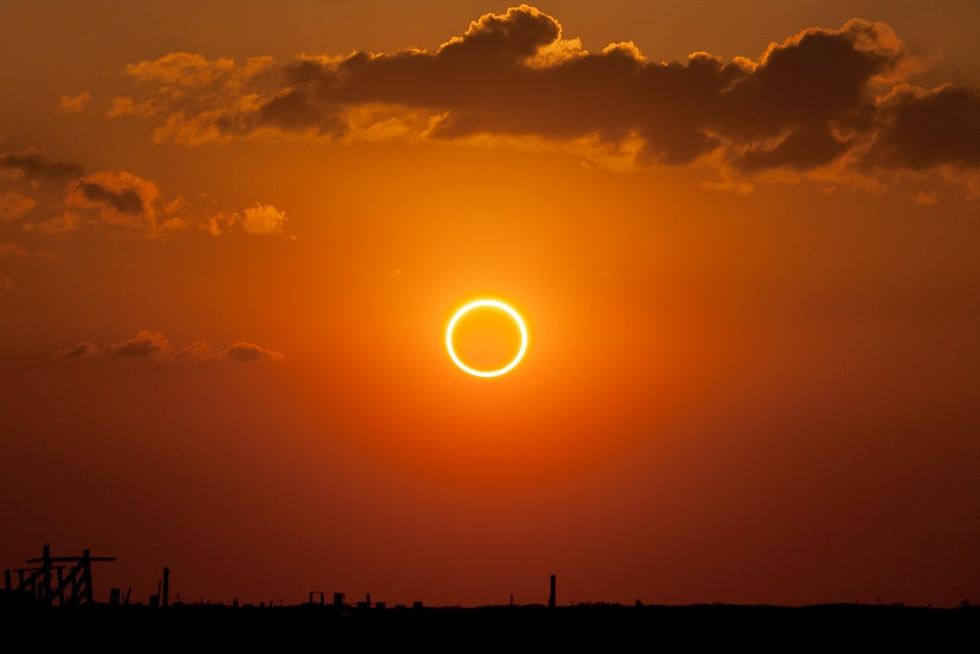Asteroid to produce one-of-a-kind phenomenon as it soars past Earth in just days

Asteroid to produce one-of-a-kind phenomenon as it soars past Earth in just days
|NASA

The spectacle will be able to be seen by millions
Don't Miss
Most Read
Latest
One of the biggest and brightest stars in the night sky will produce a one-of-a-kind phenomenon as it passes Earth next week.
A red supergiant will momentarily disappear as an asteroid passes in front of it, producing an extremely unique eclipse.
Millions of people will see the spectacle as it follows a narrow path from Tajikistan and Armenia, across to Greece, Italy, Turkey and Spain, to Miami, and finally, to parts of Mexico.
The one-of-a-kind event will occur on Monday night and last until the early hours of Tuesday morning.
WATCH NOW: NASA astronaut drops $100million toolbox into space
The star that is due to vanish is Beteleguse, a red supergiant in the constellation Orion.
Estimated to be 700 light-years away, the star can be seen with the naked eye.
It is also thousands of times brighter than our sun, as well as being 700 times bigger.
The asteroid that will pass the red supergiant is Leona, a slowly rotating space rock from the belt between Mars and Jupiter.
SPACE LATEST:
The eclipse is expected to last no longer than 15 seconds.
Whilst millions across the world will watch out for the impressive and rare spectacle, the event will also be highly important for astronomers.
Scientists hope to learn more about both the star and the asteroid, after observing a much dimmer star next to Leona earlier this year.
It was determined from this observation that Leona is about 55 kilometres wide and 80 kilometres long.

A possible outcome could be a 'ring of fire' eclipse with a blazing border around the star
|Flickr
What the eclipse will look like yet is uncertain.
Scientists are unsure if Leona will obscure all of Beteleguse, which would produce a total eclipse.
A possible outcome could be a “ring of fire” eclipse with a blazing border around the star.
“Which scenario we will see is uncertain, making the event even more intriguing,” said astronomer Gianluca Masa, founder of the Virtual Telescope Project, which will provide a live webcast from Italy.










